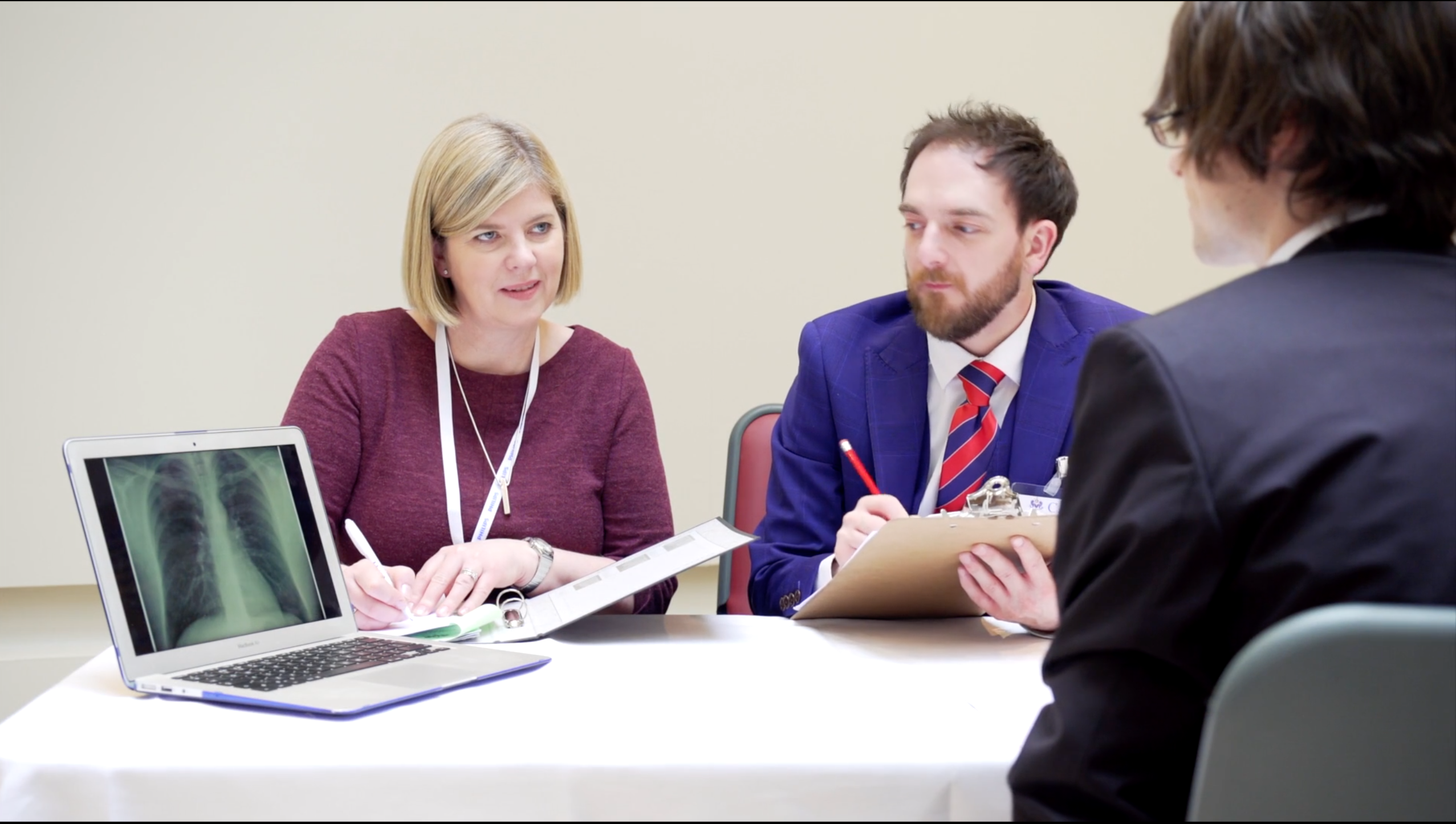Training Requirements
The six year Specialist Anaesthesiology Training Programme (SAT) is based in hospitals accredited by the College. Training is structured to maximize opportunity for learning and to provide a broad range of experience in different types of hospitals and various sub-specialties in anaesthesia.
Training comprises of a combination of practical experience, clinical learning, and theoretical learning in non-clinical areas, individual study and mandatory elements including training & simulation courses, completion of the electronic logbook and the training diary.
Training is provided with close supervision by Tutors. Trainees will have regular reviews throughout their training and be required to have formal examinations in the form of the Membership and Fellowship of the College. Progression through the six year programme will depend upon achieving certain milestones and competencies and these will be reviewed through the formal annual review process.

Specific Requirements
Each year on the training programme Trainees will have specific training requirements to be achieved. These include the successful completion of the training year, completion of the electronic logbook and the training diary.
Year 1 and 2 of training usually includes:
Courses:
- Introduction to Anaesthesia
- Professional Competence Development Programme
Simulation Courses:
- Anaesthesia Emergencies
- ARREST (Anaesthesia Related Rare Emergency)
- COAST (Crisis in Obstetric Anaesthesia)
- PAE (Paediatric Anaesthesia Emergencies)
- SICC (Simulation in Intensive and Critical Care)
Modules:
- Initial Competency Test
- General Anaesthesia Induction, Maintenance, Recovery
- Pre-operative Assessment
- Trauma Management, Stabilisation
- Critical Incident, Management of Cardiopulmonary Resuscitation
- Basic Regional Anaesthesia
Exams:
- Membership of the College of Anaesthesiologists
By the end of year 5 Trainees usually will have completed:
Courses:
- Vascular Access Workshop (Year 1 – 4)
- Difficult Airways Workshop (Year 4 – 6)
- Professionalism for Independent Practice (Year 4 – 6)
Simulation Courses:
- CDMP (Clinical Decision Making in Paediatrics)
- MASCOT One (Multidisciplinary Anaesthesia Surgery Crisis Operation Training)
- MASCOT Two Trauma
- A-CRISIS
Modules:
- Paediatric Anaesthesia
- Cardiothoracic Anaesthesia
- Neuroanaesthesia
- Pain Medicine
- Trauma Management
- Communication and Teamwork
Exams:
- Fellowship of the College of Anaesthesiologists
By the end of year 6 Trainees will be required to have completed:
Courses:
- Introduction to Anaesthesiology
- Professional Competence Development Programme
- Vascular Access Workshop
- Difficult Airways Workshop
- Professionalism for Independent Practice
Simulation Courses:
- Anaesthesia Emergencies
- ARREST (Anaesthesia Related Rare Emergency)
- COAST (Crisis in Obstetric Anaesthesia)
- PAE (Paediatric Anaesthesia Emergencies)
- SICC (Simulation in Intensive and Critical Care)
- CDMP (Clinical Decision Making in Paediatrics)
- MASCOT One (Multidisciplinary Anaesthesia Surgery Crisis Operation Training)
- MASCOT Two Trauma
- A-CRISIS
Modules:
- Initial Competency Test
- General Anaesthesia Induction, Maintenance, Recovery
- Pre-operative Assessment
- Trauma Management, Stabilisation
- Critical Incident, Management of Cardiopulmonary Pulmonary Resuscitation
- Regional Anaesthesia
- Paediatric Anaesthesia
- Cardiothoracic Anaesthesia
- Neuroanaesthesia
- Pain Medicine
- Trauma Management
- Communication and Teamwork
Additional Modules:
- Intensive Care Medicine
- Vascular Anaesthesia
- Obstetric Anaesthesia
- Regional Anaesthesia
- Orthopaedic Anaesthesia
- Anaesthesia for General and Genitourinary Surgery
- Anaesthesia for Ambulatory Surgery
Exams:
- Membership of the College of Anaesthesiologists
- Fellowship of the College of Anaesthesiologists
For further information please contact the Training Department on training@coa.ie.